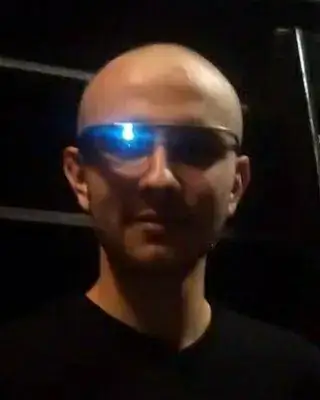
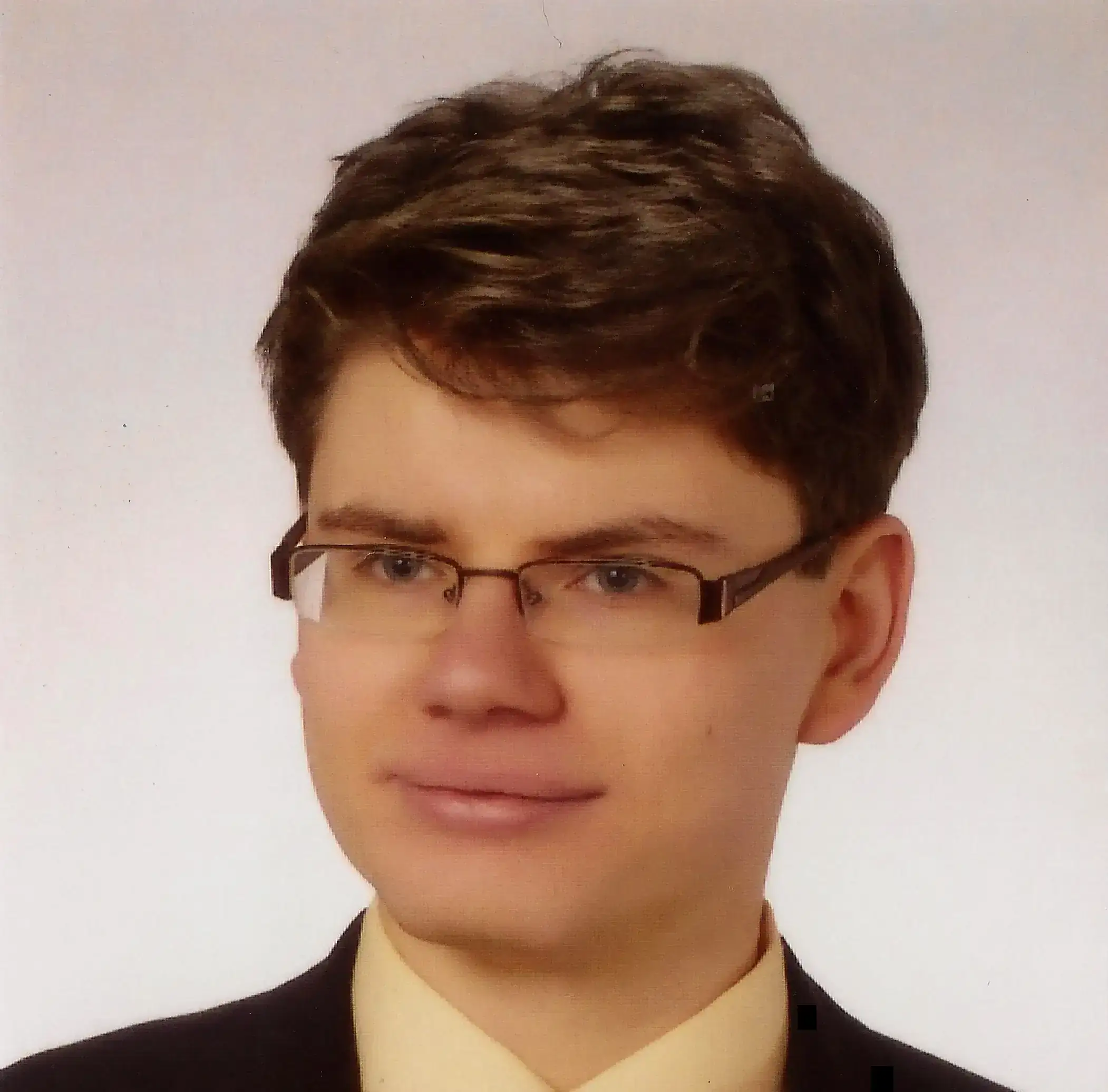
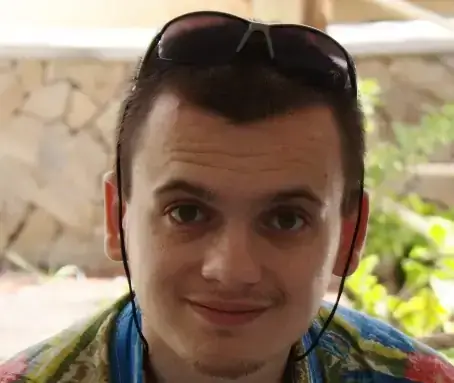
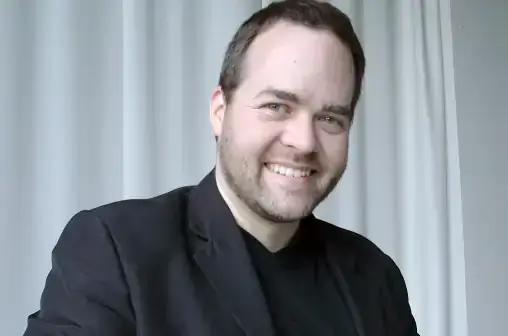
Goal: Creating a Bitcoin trading box with fully automatic algorithms in a secure hardware environment. Bitcoin has become quite popular as the first and currently most valuable crypto currency. The ‘buy early and hold’ strategy has been mostly successful in the past for gaining revenue. However, due to the volatility of the exchange rates, active trading may be tempting to yield quicker and higher return of investment. Unfortunately, manual trading can be like irresponsible gambling for the unexperienced user, and may result in quickly destroying all of your Bit- coins or Euros investments. The Information Management Master course ‘Make Money Fast Box’ project aims to im- plement a pure algorithmic trading in a way that keeps the user from making bad trading decisions caused by greed or panic, and at the same time acts as an electronic version of a blockchain-based savings account, also eliminating an attac vector by providing specific hardware as storage for the wallet.
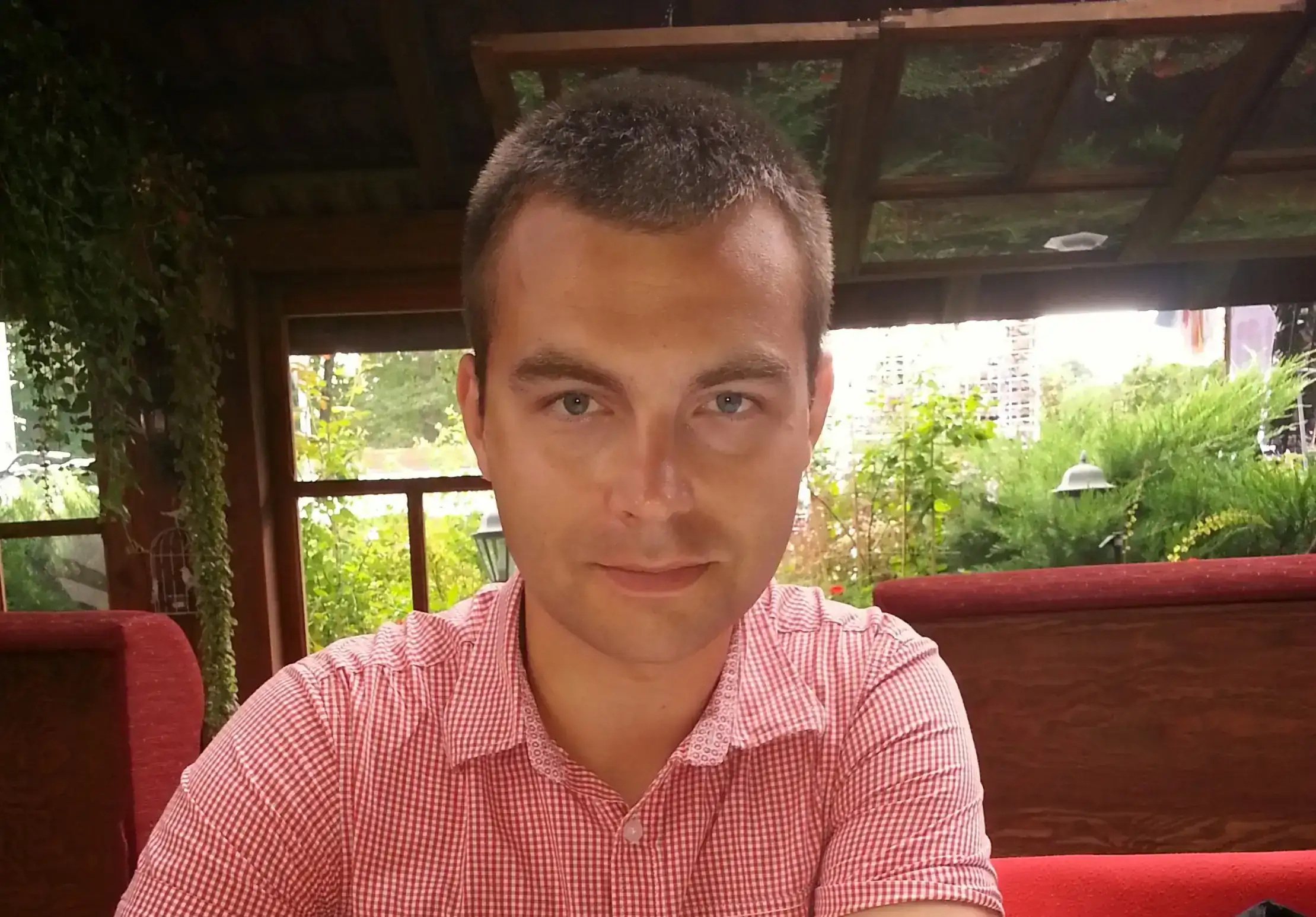
On the server market, more and more frequently we can find machines based on ARM architecture. Although they are still in the minority compared to the competition, their numbers maintain an upward trend. It is worth to take a closer look at the ARM architecture and get to know the hardware capabilities. In the field of virtualization, ARM servers cannot stand apart from the well known x86_64 architecture, which is why over the last few years we've had several significant extensions aimed at this purpose. In my presentation I would like to introduce the ARMv8 architecture and methods of CPU and peripheral devices virtualization on the example of KVM. I will also discuss optimization methods that may be useful when managing virtual machines.
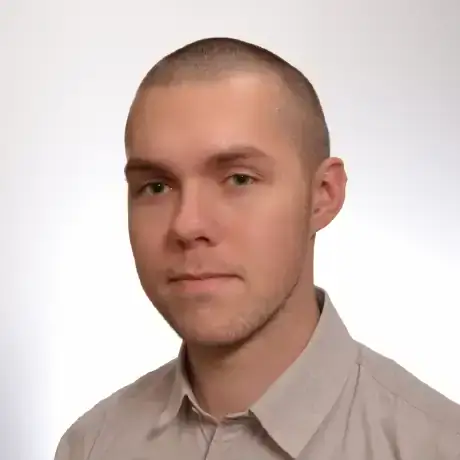
Buildroot, OpenWRT, LTIB, PTXDist, Yocto Project - probably you heard about one of those tools, but do you know all of them? Have you ever run a compilation process for whole Linux distribution by your own, not just kernel or single package? I'm going to present the possibilities of those Embedded Linux build systems, as well as some benchmarks and comparison.
For example: What is the time and cost of a full compilation process on various cloud instances? How much space do we need on the host system and how small images of the target system can we get? With a little bit of live coding, I will also present how create a Docker base images using output of mentioned distribution builders. This idea seems to fit perfectly with the current edge computing trends.
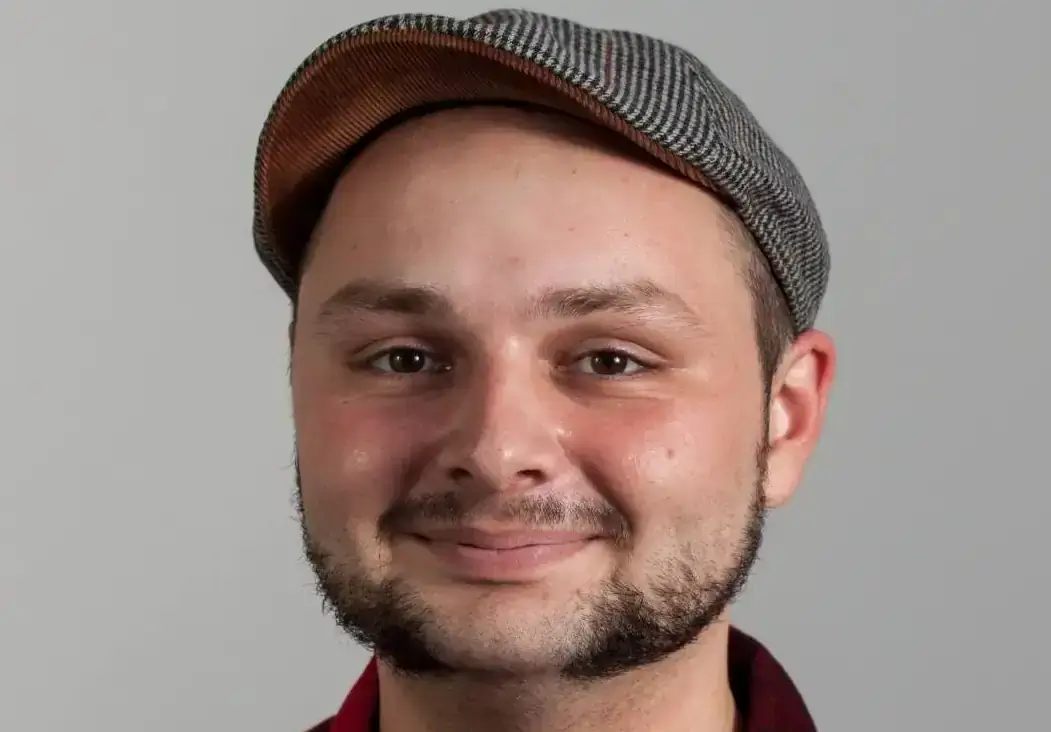
How 'the most advanced operating system in the world' fares in usability comparing to Linux...

Każdy kto używa vima, robi to trochę inaczej. To jest na tyle rozbudowany edytor tekstu, że można by o nim opowiadać pewnie w nieskończoność. Ja opowiem o tym, jak sam go używam - zarówno od podstaw, pokazując wbudowane komendy, które ułatwiają życie, jak i opowiem trochę o kilku pluginach, z których korzystam.
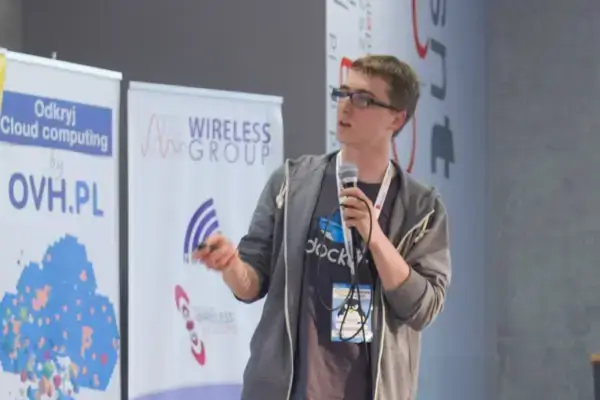
Sometimes it happens, that we host an application that cannot integrate with our IAM service. It often ends up in scenario where users have multiple application accounts within one organization. Also there're some apps that completely don't provide any form of authentication exposing its resources to the internet.
During this talk I'll show you method how to secure such applications with well known solutions (Nginx, a bit of Python with a chunk of pragmatism). I'll also describe briefly Google's and Github's implementations of Oauth2.
For the dessert I'll mix above ideas with others I showed you on my past Sesja presentations - there will be Rundeck authenticated by Oauth hosted with systemd-nspawn containers ;)
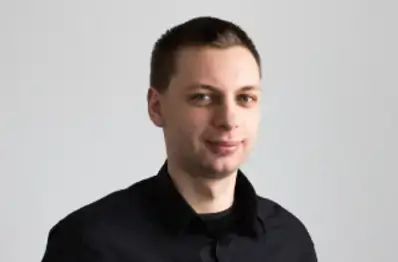
The talk will explain how the GitLab CI is built and how to use it efficiently. You will understand what are the relations between executor and docker, job and container, but also see how to simply and efficiently prepare and debug your jobs. You will be presented with a few techniques how to improve the performance of your CI in common workflows for the benefit of your team. Everyone wants this docker build and rspec to run faster, right?
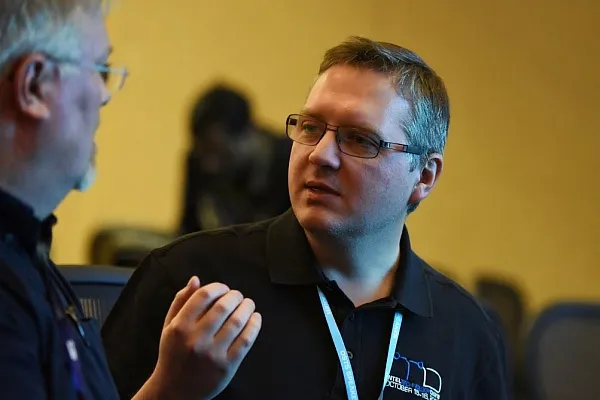
Many hardware components of modern computer systems, like processors, System-on-a-Chip (SoC) circuits and I/O peripherals, offer features targeted at improving their energy efficiency. Many of these features can be used by Linux, either by default or if they are enabled through a configuration mechanism of some sort. I will describe some of these features and explain how they are used by the Linux kernel or how it can be configured to use them.
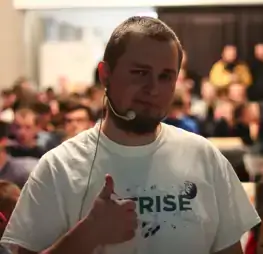
The talk will introduce OpenSTF - Open Smartphone Test Farm for Android devices and Bitrise.io - Continuous Integration Platform As A Service. I will tell how to connect each other, how we use them in our daily work at Droids On Roids and what else they can be used for. Moreover I will tell about contributions to those open source projects.
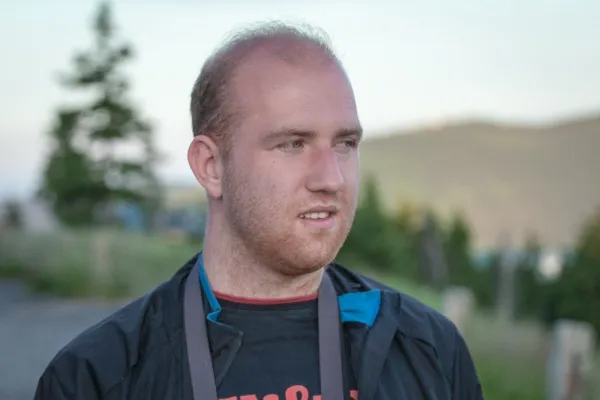
Na prelekcji przedstawię podstawy konfiguracji VLANów i OpenVPNa jako przykłady tunelowania ruchu sieciowego które każdy może zrobić. Opowiem czym są VLANy, jak je skonfigurować (głównie na Linuksie) i dlaczego warto z nich korzystać w sieciach lokalnych. Podobnie przestawię możliwości OpenVPNa. Dodatkowo będzie trochę informacji o konfiguracji IPTables i interfejsów-mostów sieciowych.


Kamil is a low-level programming enthusiast with years of experience in building apps for all platforms. He is also a security, virtualization and graphics expert with a variety of programming languages in his toolkit together with deep operating systems architecture knowledge. He's focusing lately on the 'container revolution' and building best CI product in the world. In his spare time, he likes to run, cycle and play good games, although not all at the same time.


Programmer, software architect, SRE. Involved in IT since 2002. Working commercially since 2009.T The first time I've installed Linux was in 2004 and since 2007 it is the only OS on my computers. I mostly use Debian/Ubuntu. Associated with GitLab since December 2015 and almost since the beginning involved in CI/CD. Currently, I'm supporting the efficient operation of CI/CD infrastructure at GitLab.com.

AGH University of Science and Technology in Kraków alumnus, sysadmin at Codewise, Fedora contributor and a cyclist.



Senior Software Engineer at Semihalf. An electronics engineer by education, an operating systems programmer by profession. For many years tied to the subject of Linux and ARMv8, in particular with KVM, PCI, and ACPI subsystems. An avid fan of ski jumping and football.


Pracownik firmy Nokia, obecnie inżynier w dziale Software Configuration Managment we Wrocławiu. Ponadto doktorant Wydziału Elektroniki Politechniki Wrocławskiej oraz v-ce prezes koła naukowego Creation and Development Group -KREDEK. Na co dzień pisze w bashu, Pythonie, Groovym i oczywiście Yaml’u 😉



A graduate of the Embedded Robotics specialization and former lab07/C-3 admin on WUST. Currently working as Node.js developer for SpyroSoft. In addition to the back-end for IoT, he is also interested in Linux for embedded systems and DevOps purposes.